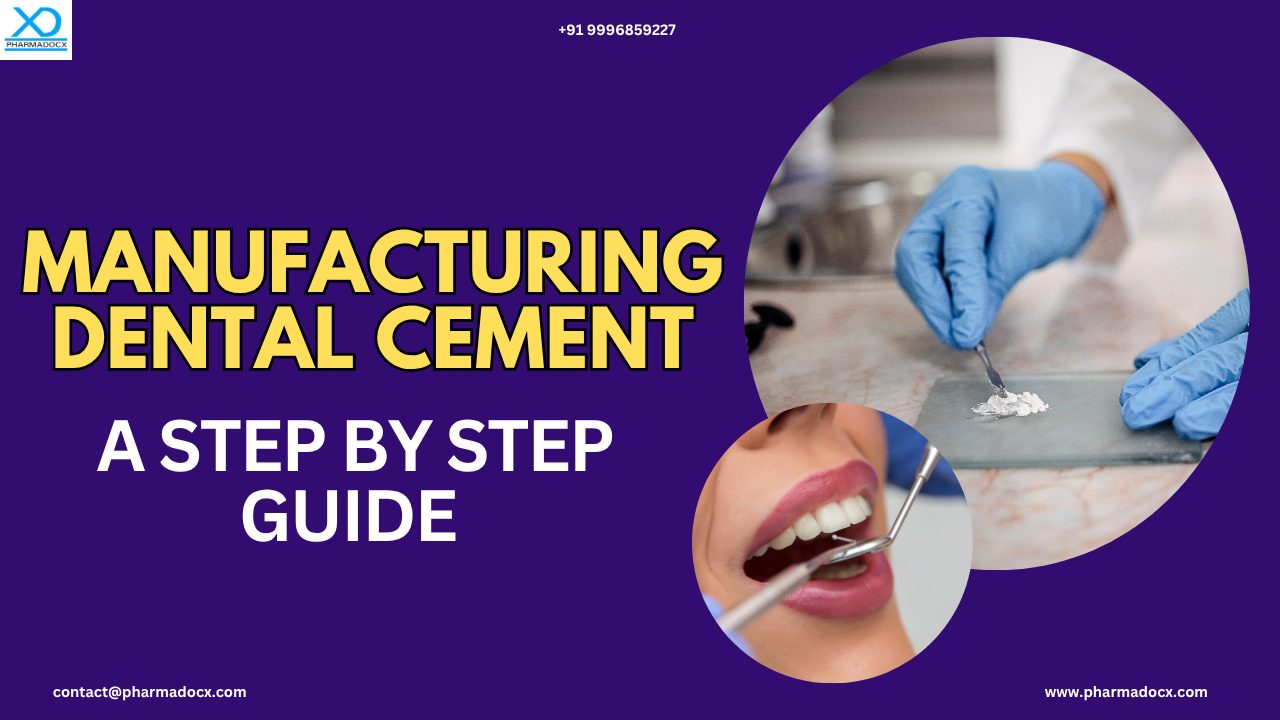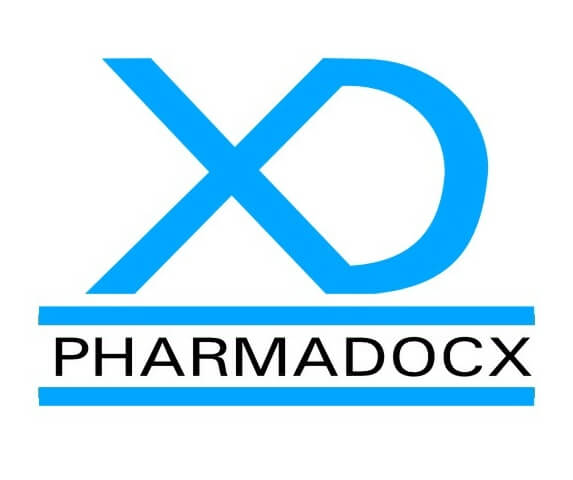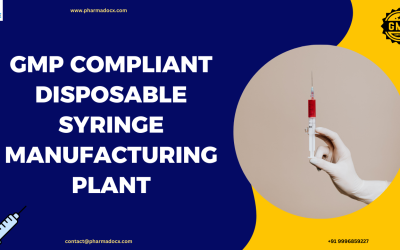Dental cements are materials used in dentistry to bond restorations, fill cavities or act as liners, and provide temporary/permanent adhesion. Hence, they have a crucial role in modern dentistry. As dental cements are of pivotal importance in dentistry and are directly used in the oral cavity, they are regulated. Dental cement will have to undergo strict quality control measures for safety, durability, and effectiveness. Stringent regulations are in place for manufacturing dental cement for patient safety and improved outcome. Are planning to start a dental cement manufacturing business? This blog is curated for you. We have detailed the dental cement manufacturing process. Additionally, we have highlighted global regulations for manufacturing dental cement.
What is dental cement?
Dental cement is a versatile material commonly used in modern day dentistry. It has various applications, such as luting materials for crowns, filling materials, protective cavity liners, bridges, orthodontic appliances, and holding dental restorations. Dental cement acts as a glue that bonds the restoration to the tooth structure, ensuring the restoration’s stability, and preventing microleakage. It can be used as a base or liner under fillings or even for temporary fillings. Dental cement is composed of powder and liquid phases. The two phases react to form a hardened structure suitable for use in dental procedures.
10 common types of dental cement
For starting a dental cement manufacturing business, having an idea of the types of dental cement in the market will be helpful. Dental cements can be broadly classified into two categories, conventional (non-adhesive) and adhesive. Conventional cements rely on mechanical retention. Whereas, adhesive cements bond to tooth structure. We have mentioned some commonly used dental cement.
- Zinc polycarboxylate cement: Zinc polycarboxylate cement is used for permanent restorations, bases, and liners. It binds to the tooth structure using a chemical reaction.
- Zinc phosphate cement: Zinc phosphate cement is one of the oldest types of cement. Often used for cementing crowns and bridges, this cement is known for its high compressive strength and durability.
- Zinc oxide eugenol cement: Zinc oxide eugenol cement has a soothing effect on the pulp. Hence, it is used as a sedative base. Additionally, it used for temporary fillings.
- Resin cement: Resin cement is commonly used for permanent restorations. It offers strong bonding and aesthetics.
- Base/liner cement: This cement is placed under restorations to protect the pulp and provide thermal insulation.
- Glass ionomer cement: Glass ionomer cement is mainly used for luting crowns, bridges, and orthodontic appliances. It releases fluoride, thereby making it beneficial for caries prevention
- Resin-modified glass ionomer cement: Resin-modified glass ionomer cement has the benefits of glass ionomer cement along with enhanced mechanical properties.
- Polycarboxylate cement: Polycarboxylate cement provides improved adhesion to enamel and dentin. It causes less irritation to the pulp.
- Temporary cement: Temporary cements is used for short-term restorations or to secure provisional restorations.
- Luting cement: Luting cement is used to permanently fix dental restorations, such as crowns and bridges to the teeth.
A step-by-step guide to manufacturing dental cement
Are you planning to enter the dental cement manufacturing business? We have prepared this guide just for.
- Raw materials: High-quality raw materials are required to formulate different types of dental cement. The quality of raw material determines the quality of the final product. Hence, it is vital to carefully choose your raw material for manufacturing dental cement. Phosphoric acid or polyacrylic acid, zinc oxide, alumina, calcium-alumino-fluoro-silicate glass, resins and initiators, and eugenol are some of the commonly used raw materials.
- Formulation and mixing of raw materials: Powders and liquids for dental cement are prepared separately. The powders and liquids are precisely blended for optimal consistency and properties. They have to be mixed under controlled conditions to ensure proper viscosity, proper working and setting times, and biocompatibility. For instance, zinc phosphate cement is made by mixing zinc oxide powder with phosphoric acid on a cold glass slab.
- Sterilization: The cement has to be properly sterilized prior to packaging.
- Packaging: Dental cement packaging has to be done under controlled conditions. Dental cement is usually packaged in dual-chamber syringes, powder-liquid kits, or capsules. The packaged cement must be properly sealed to prevent moisture contamination.
- Quality control: Rigorous testing of the dental cement has to be performed to check for its setting time, adhesion strength, biocompatibility, and stability. Additionally, quality control process covers microbial testing, pH analysis, and compressive strength testing. Moreover, dental cements are expected to comply with ISO 9917 and ISO 4049 guidelines. Furthermore, ISO 13485 provides specific requirements for quality management system (QMS) for medical device manufacturers. Hence, dental cement manufacturers will have to comply with ISO 13485 guidelines for quality, safety, and efficacy.
Regulations for manufacturing dental cement
Dental cement is considered a medical device. Hence, it is regulated accordingly. Globally, strict regulations for manufacturing dental cement are in place. Different countries have their own regulations. We have highlighted some of them.
- U.S.A.: In the U.S., dental cement is regulated by US FDA regulations for medical devices. Depending on the medical device classification and presence of a predicate device, premarket notification (US FDA 510(k)) or premarket approval (PMA) will be required.
- EU: In the European Union, dental cement must comply with EU MDR regulations. Additionally, CE certification has to be secured.
- Saudi Arabia: In Saudi Arabia, medical devices are regulated by Saudi Food and Drug Authority (SFDA). Thus, dental cement entering the Saudi Arabian market must comply with SFDA regulatory requirements for medical devices.
- India: In India, dental cement will be regulated by the Central Drugs Standard Control Organization (CDSCO) under the purview of Medical Device Rules, 2017. Hence, dental cement manufacturers will have to secure the applicable CDSCO medical device manufacturing license for legally marketing their products in India.
Future outlook and trends of dental cement industry
With dental products always being in high demand, the dental cement industry has a bright future. In the year 2024, the global dental cement market was valued at approximately USD 2.1 billion. Moreover, it is projected to grow at a CAGR of 6.6% over the period 2025 to 2030. Specifically, the Indian dental product market is growing. Increase in disposable income, growing dental tourism, and increased demand for cosmetic and restorative dentistry are some of the factors fuelling the growth of the dental cement industry market. Thus, the dental cement industry has a huge potential for growth. Hence, now is a good time to invest in a dental cement manufacturing business. We have highlighted the future outlook and trends of the dental cement industry, which you should be aware of prior to venturing into this market.
- Nanohybrid composites are gaining traction in the aesthetic restoration segment.
- Resin-modified glass ionomer cements are in high demand for their improved strength and fluoride release property.
- Digital dentistry is fuelling the demand for precision-formulated cements compatible with computer-aided design and computer-aided manufacturing (CAD/CAM) workflows.
The Pharmadocx Consultants team will help you easily comply with regulatory guidelines
Venturing into the dental cement industry can be a tough task, especially with stringent regulations in place for manufacturing dental cement. Fret not! We have got every regulatory aspect covered. Moreover, we provide regulatory consultation for most top markets, such as U.S., EU, Canada, Saudi Arabia, India, etc. We are uniquely positioned to help you launch your products in India and globally. Our comprehensive regulatory consultation service covers application filling, QMS implementation, document preparation, certification service, and post license support. Simply email at [email protected] or call/Whatsapp on 9996859227 to have a smooth and hassle-free regulatory journey.





